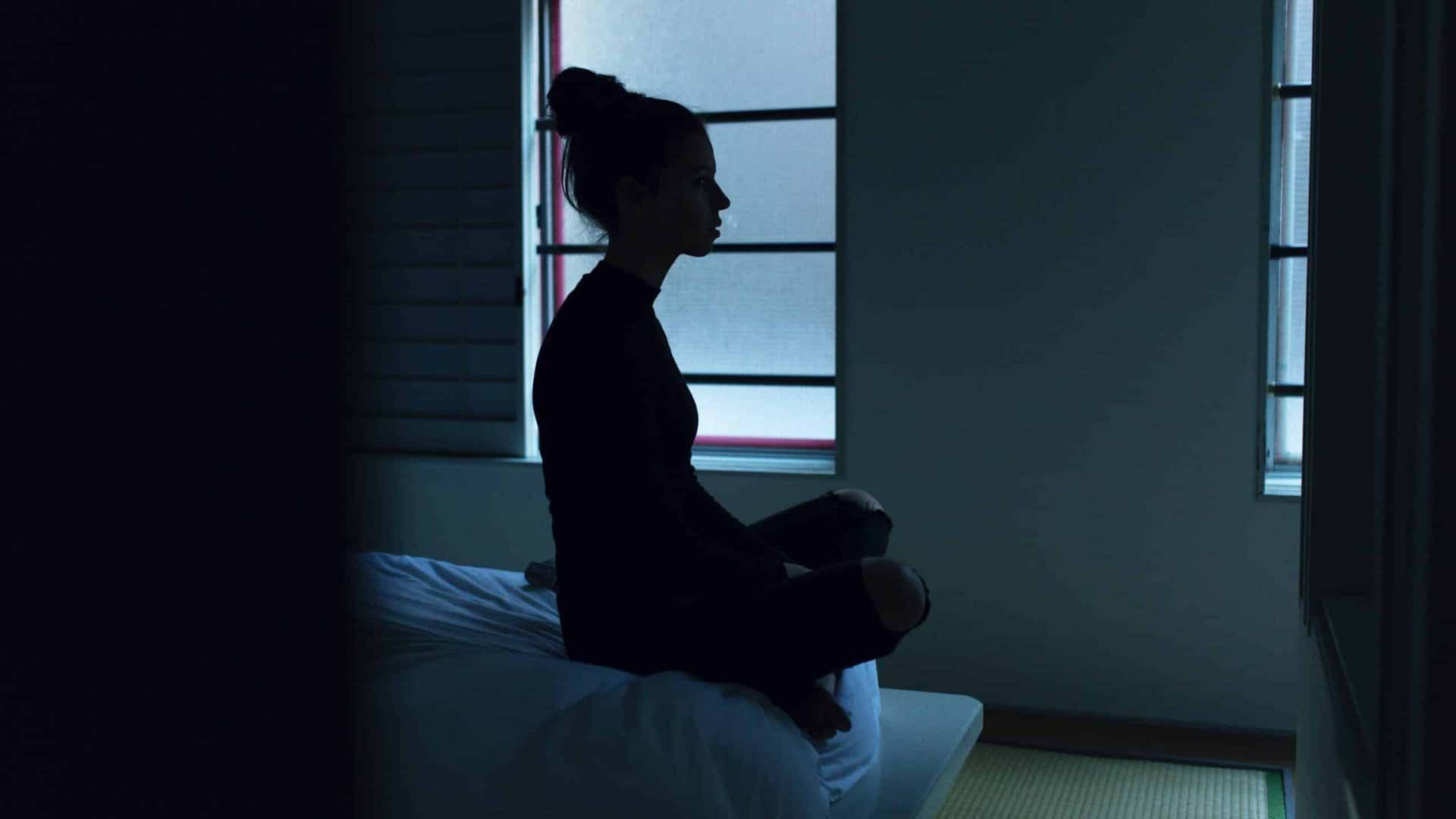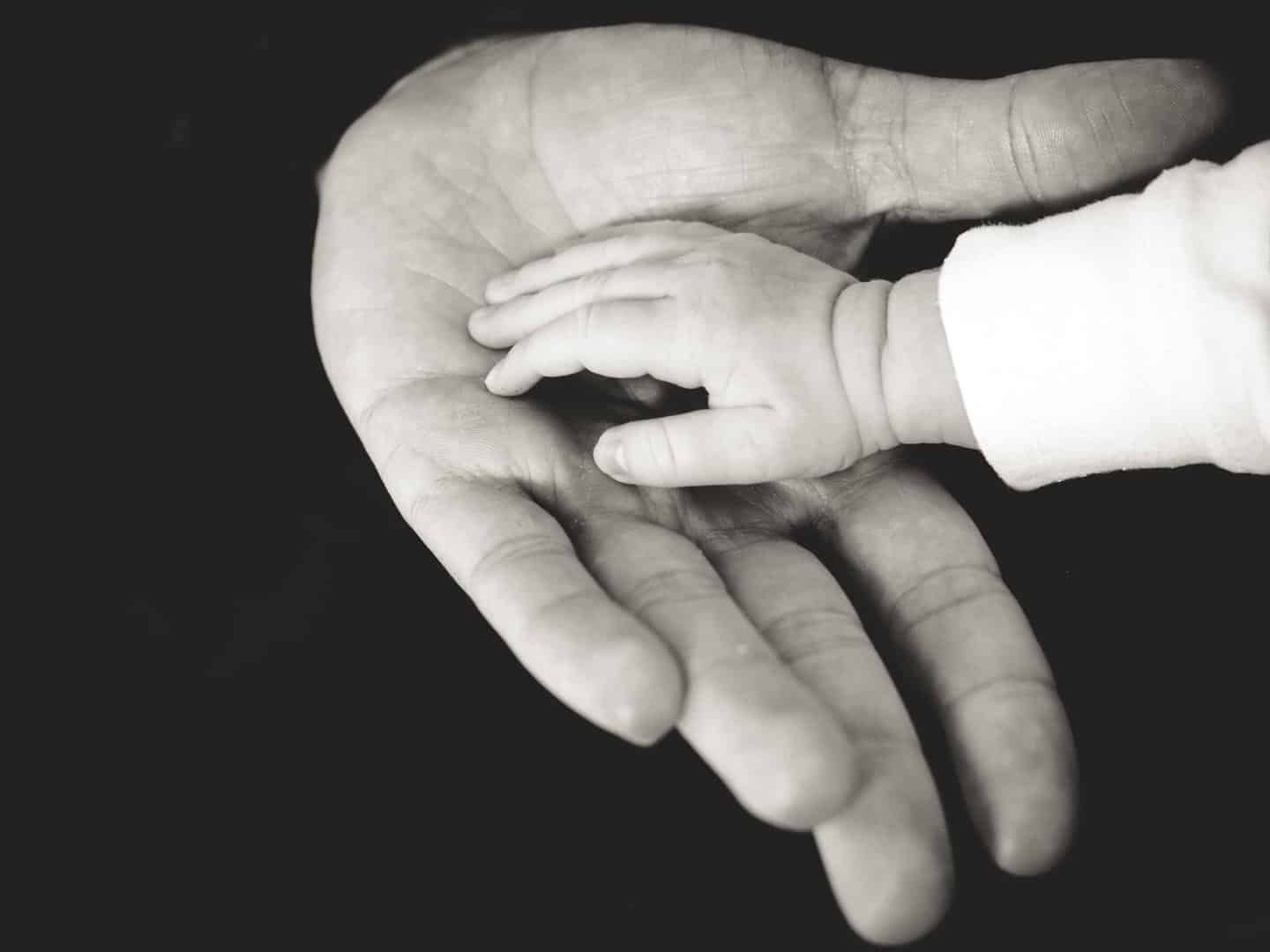Should you go Back to Treatment After a Relapse?

So you’ve relapsed; is it a good idea to go back into treatment? Whether you’ve just started on your recovery journey or have been addiction-free for years or even decades, relapse is extremely common, and not necessarily an indicator of weakness or failure.
It doesn’t mean that rehab “didn’t work” or that you are unable to live a sober life. Relapse is extremely common, and is, at some point or another, a part of most people’s recovery journeys. Whether or not you need to go back to a rehab, and what kind of treatment is best following a relapse, depends on many factors.
What is a Relapse?
Simply put, a relapse refers to using drugs or alcohol after a period of sobriety. This could mean having a single drink, or it could mean days, weeks, or years returned to heavy use. Whatever the severity of the relapse, there is always the ability to return to a life of sobriety with the right support and motivation. What is referred to as a “freelapse” is when a person unintentionally ingests alcohol or uses drugs, such as taking a sip of a cocktail that they thought was non alcoholic.
 Usually, an intentional relapse comes after a significant period of emotional distress or mental health troubles, whereby a person may let their healthier coping strategies fall by the wayside.
Usually, an intentional relapse comes after a significant period of emotional distress or mental health troubles, whereby a person may let their healthier coping strategies fall by the wayside.
Triggers for relapse may include lack of support, traumatic incident, peer pressure, relationship issues, life stressors such as death, divorce, poverty, or medical issues, or, ironically, feeling positive about life overall and therefore believing that you can now return to using without going overboard. Most frequently, a person in these situations begins to question the value of sobriety. Recognizing these thought patterns and warning signs is essential in preventing the relapse from happening.
What are the warning signs of a relapse?
Knowing the warning signs of relapse is an important part of addiction recovery. Some of these signs include:
- Lack of self-care
- Triggering situations, such as being around drugs and alcohol
- Stressful situations, such as difficult family interactions, relational problems, or financial worries
- Unresolved mental health issues, such as trauma, depression, or anxiety
- Lack of community support and isolation
- Physical pain
- Positive moods- such as celebrations where one traditionally used in order to enhance their experience
- Peer pressure
- Poor diet, sleep, or lack of exercise
Relapse happens in stages; thoughts about relapsing can happen weeks or months before a person actually picks up a drink or drugs. What is sometimes referred to as “emotional relapse” is when a person’s healthy coping strategies begin to fall away. Instead of processing emotional experiences in a healthy way, a person may attempt to stifle or disconnect from them. Self-care routines may begin to fall to the wayside.
In what is sometimes referred to the “mental relapse” stage, a person may begin to actively think about, or even begin planning, using again. They have genuinely conflicting feelings about the the decision to stay sober. This stage can also include minimizing the negative consequences of using, convincing oneself that they don’t need to stay sober, or telling or reminiscing about “war stories” of past drug abuse.
What follows from these stages is frequently a physical relapse, whereby a person uses drugs or alcohol, often leading to a loss of control over use, and a slip back into addictive patterns.
What Should I do After a Relapse?
First and foremost, don’t beat yourself up or see your relapse as a failure. As we’ve mentioned, relapses are common, and it doesn’t mean that rehab didn’t work, or that you “aren’t cut out” for sobriety. It is important to increase your support and self-care after such an event. Here are some steps you can take:
- Check in with your therapist, or make some space to process what happened. Look at your relapse with curiosity rather than self-aggression. What was going on in your life that led to it? Are there issues or emotions you are trying to push away, and if so, how can you process them in a healthy and safe manner? What additional supports do you need in your life so that you feel better equipped to handle stressors and hardships moving forward? Consult about the possibility of reengaging in treatment.
- Review, revise, or create your relapse prevention plan.
- Remove yourself from triggers so that the relapse doesn’t continue.
- Seek support from friends, family, and your recovery community. You may have gotten into the habit of hiding your use from the people you love during your addiction. Even if you feel shame or embarrassment, it can be powerful, healing, and vital to be honest about what happened.
- Attend a community fellowship meeting, such as AA, Recovery Dharma, SMART Recovery, or LifeRing, where you can get support from others who may have experienced relapse and who can help hold you accountable to your sobriety going forward.
- Make sure you are setting healthy boundaries.
- Increase your self-care practices: engage in soothing and rejuvenating activities, eat well, get enough sleep, and make time for physical exercise.
Is Returning to Rehab Always Necessary?
If the above things are effective in curbing your relapse and you are able to remain in a stable place, further treatment may not be necessary. If, however, your relapse continues on, even emotionally, it is good idea to revisit getting professional  support.
support.
The level of care that a person needs in these circumstances is highly individualized. For some, outpatient therapy or an intensive outpatient program may be enough. For others, a higher level of care may be necessary. It is a good idea to consult with a doctor, licensed addiction therapist, or other addiction professional on whether or not you may require a medical detox.
Depending on the substance you used and how long it was used for, detoxing can be uncomfortable or even fatal if not under the supervision of a qualified detox facility. We are always available to assess whether or not medical detox is needed, and can fully coordinate detox with our rehab programs, including transportation.
Why PHP can be a Good Option Following a Relapse
If you have already participated in an impatient or residential program in the past, it may not be necessary to return to this level of care after a relapse. Partial-hospitalization (PHP) can be an excellent fit for someone in this situation who may require around-the-clock support, but doesn’t necessarily need to start from “square one,” of the recovery journey.
In our PHP program, clients are with staff around the clock, staying at our facility full time. Unlike a traditional residential program however, you are a little more “out in the world,” with trips to the outdoor activities, sober social gatherings, community meetings, and places like the grocery store or gym.
PHP programs place a large emphasis on emulating healthy life after rehab: attending about 30 hours a week of clinical programming at an outpatient office, then spending the evenings and weekends on self care, community building, eating well, and having sober fun.
Our dual diagnosis approach to recovery also allows clients to spend significant time addressing the underlying roots of their addiction, such as depression, anxiety, or trauma. In this way, it can be an excellent program for someone who is ready to take the next step beyond simply “getting sober” and wants to do so in a structured and supportive environment.

